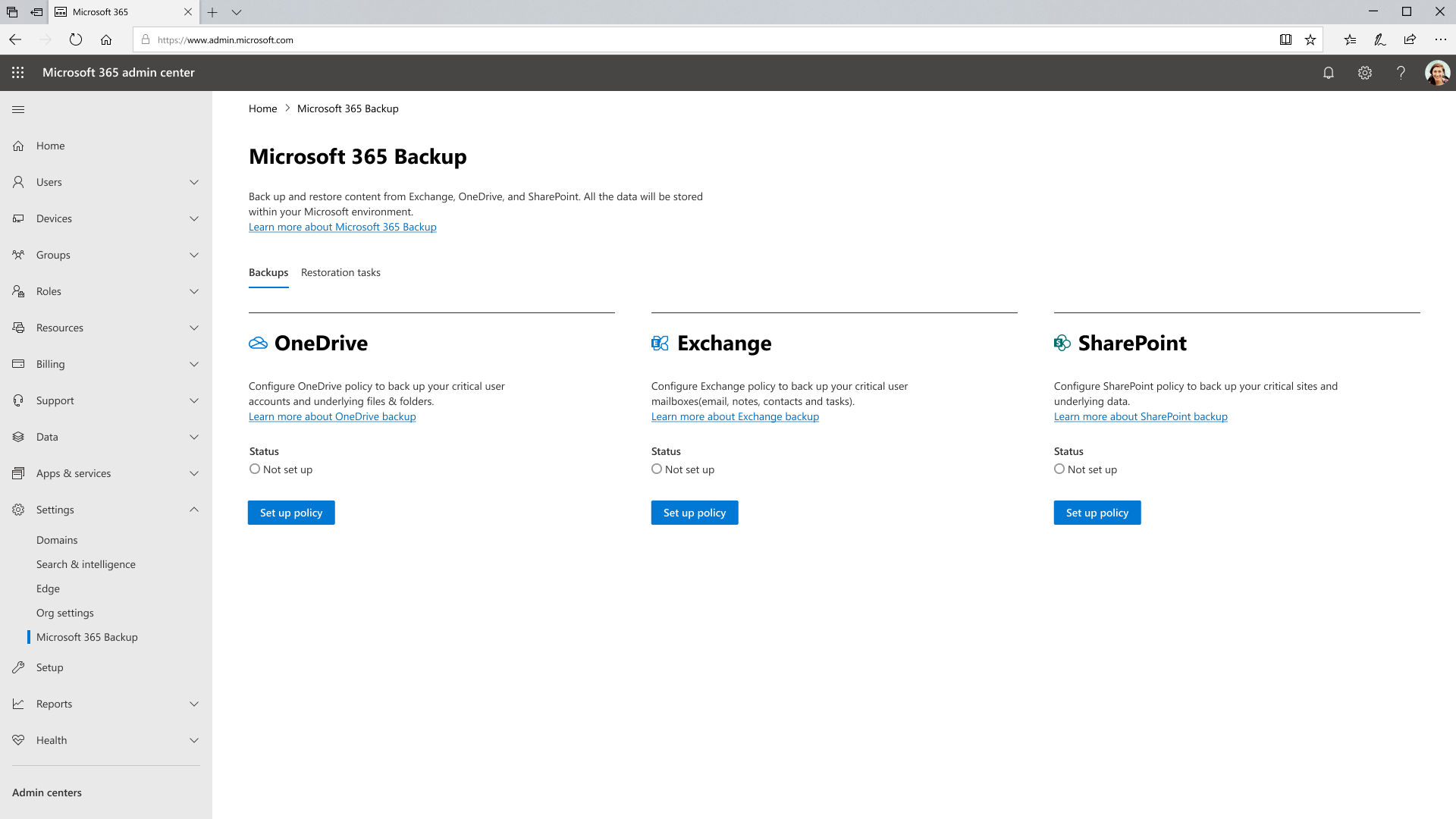Many businesses assume that by moving to the cloud with Microsoft 365, their data is automatically protected against all forms of loss. After all, it’s Microsoft, right?
Unfortunately, that’s not the full picture.
While Microsoft 365 offers excellent uptime and redundancy, it does not provide full protection from data loss — especially when it comes to accidental deletion, ransomware attacks, or insider threats. The truth is, Microsoft 365 is not a backup solution, and your business could be at serious risk if you rely on it alone.
In this blog, we’ll explain why Microsoft 365 needs a dedicated backup solution, common causes of data loss, and how Code Hyper One can help keep your data secure and recoverable.
🔍 What Microsoft 365 Does — and Doesn’t Do
Microsoft 365 is designed with productivity and collaboration in mind. It offers built-in data redundancy and short-term retention policies, which protect against infrastructure failure and temporary data loss.
However, Microsoft operates on a Shared Responsibility Model — meaning you are responsible for safeguarding your own data from:
Accidental or malicious deletion
Security threats such as ransomware
Policy gaps or limited retention periods
Overwritten or corrupted files
Misconfigured apps or integrations
Microsoft even states in their own documentation that regular backups are your responsibility, especially for long-term data retention, regulatory compliance, and recovery from cyber incidents.
🚫 Real Risks Without a Backup for Microsoft 365
Here are some common scenarios where data loss can occur:
1. Accidental Deletion
Files, emails, or even entire SharePoint libraries can be unintentionally deleted by users — and permanently lost after the retention period ends.
2. Ransomware & Malware
If a user’s OneDrive, Outlook or Teams account is compromised, malware can encrypt or destroy files across the cloud.
3. Disgruntled Employees or Insider Threats
Staff with access to sensitive data may delete or damage business-critical files — either deliberately or unknowingly.
4. Limited Retention Policies
Deleted items are only stored for a limited time (e.g., 30-93 days depending on the service). After that, they’re gone.
5. Legal & Compliance Requirements
Some industries must retain certain records for 7+ years. Microsoft’s built-in retention settings aren’t enough to meet these requirements on their own.
✅ The Solution: A Dedicated Microsoft 365 Backup
To ensure your business remains protected, a separate backup solution is essential. With the right platform, you can:
Restore individual emails, files, chats, or entire mailboxes
Set flexible retention policies for compliance
Maintain multiple daily backups
Protect against ransomware with isolated offsite storage
Quickly recover from user errors or data corruption
🔐 How Code Hyper One Can Help
At Code Hyper One, we work with Australian businesses of all sizes to implement secure, automated backups for Microsoft 365 — including:
Outlook (emails, calendars, contacts)
OneDrive
SharePoint
Teams
Public folders and shared mailboxes
We’ll monitor your backup systems, alert you of failures, and ensure fast recovery when you need it most. Whether you’re a small team or a growing business, we’ll tailor the right cloud backup strategy to suit your risk profile, compliance needs and budget.
📞 Final Word: Don’t Wait Until It’s Too Late
Data loss is more common — and more costly — than most business owners realise. While Microsoft 365 is powerful, it’s not immune to threats. Investing in a dedicated backup isn’t just a precaution — it’s a critical layer of protection for your business.
Need help implementing Microsoft 365 backup and security solutions?
Contact Code Hyper One today for expert advice and peace of mind.






